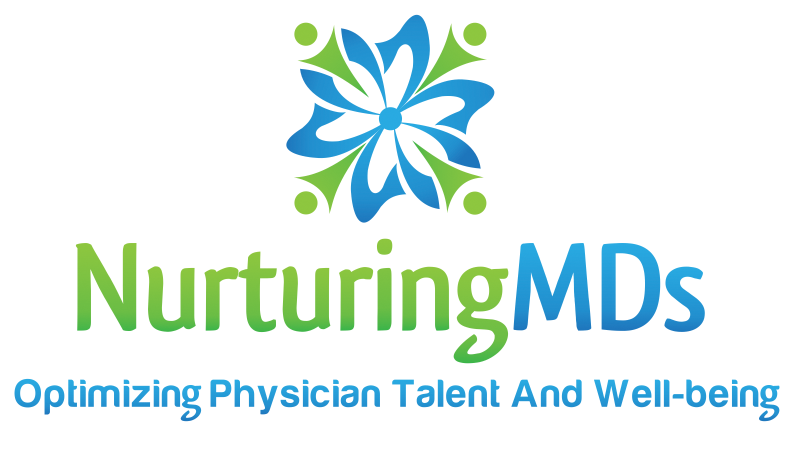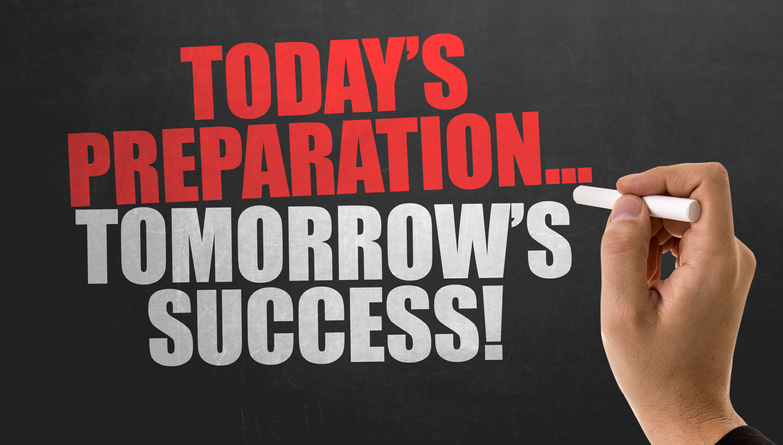Spring is an exciting time in medicine. Fourth year medical students, now matched in their residency programs, anticipate graduation day. This year the excitement of moving into the next level in medicine happens in the backdrop of the Coronavirus pandemic.
Instead of graduation ceremonies and celebrations we’re social distancing and #StayHome. Some medical students have graduated early and are serving on the frontline.
Physicians can optimize the weeks before an official transition to put in place the structure for life and career growth and expansion.
Why is this important? Why not just move from one year to the next in the hope of finding the right people, places, and opportunities to support you?
While that is one option, it’s taking a risk with something that you’ve already invested tremendously in- your career and your life.
I know first hand what it feels like to figure it out on my own, showing up on the first day of each new rotation feeling stressed as I hoped for the best. It was true during residency and persisted into the early years as an attending.
I made it through. I did well. I felt confident. Coupled with that were times of stress, overwhelm, and dissatisfaction. I was working hard but did not have a system in place to routinely take inventory of where I was going in my career. Without that system it’s easy to get off course, doing work that others have designed for you, instead of leading with your purpose.
Focusing on your immediate and future career, it is advisable to take inventory in these 4 areas as you transition into the next level in your career.
- Procedures. Each area of medicine has procedures that are specific to it. When you look at your procedure log, how many procedures have you completed successfully? What did you learn from those procedures that were not successful? Where are the opportunities to enhance your skills, to take the initiative and support a colleague who is doing the procedure? When you are purposeful about it there is value in being the assistant. Offer to set up for the procedure. Be part of the conversation as the physician obtains informed consent. Review the anatomy that’s involved. Talk yourself through the steps.
- Knowledge Base. As med students, exams provide feedback as to the mastery of the material. In the clinical arena, the focus is on integrating your knowledge with a patient’s presenting symptoms, lab data, and test results so that you can monitor a patient’s clinical course. This level of critical thinking helps predict which patient may remain stable during the overnight shift and which patient may need additional attention, possibly additional lab work and possibly an adjustment to treatment plan.
- Interpersonal Skills. These are the ‘soft skills’ that people talk about. We don’t formally study or train for them, yet they are a valuable part of career development. There is no area of medicine where physicians operate solo. Physicians rely on teams to manage the workflow necessary to deliver optimal patient care and outcomes. This means that physicians need solid communication skills. Physicians must develop the skill set to position them as a leader while being willing to partner as a team player. Listening to patient insights from other team members is a valuable piece of the puzzle.
- Self-Management Skills. This is an area that is seldom discussed yet it manifests itself with each encounter. As physicians navigate the clinical setting, challenges arise. Challenges such as a disconnect in the doctor-patient relationship, a difference of opinion with a consulting physician, or a breakdown in communication with a nurse can lead to feelings of stress and dissatisfaction. They can overturn your confidence and create self-doubt. Learning how to monitor your reactions and interpretations of situations helps to short circuit the downward spiral and allows a physician regain their confidence. The key questions to self-management are:
- How am I feeling?
- Whose agenda am I attached to?
- What will produce the most effective outcome?
Once you have answered these questions, release any negative energy about the encounter.
As medicine changes it is critical for physicians at every level to take an assessment. Where are you right now? Where do you desire to be? What skills, strengths, and knowledge do you need to move into your next level? Your assessment will let you know if you are on track or if course correction is needed.
About Dr. Stephanie
Dr. Stephanie Wellington is a physician, international speaker, coach, and founder of Nurturing MDs where she helps physicians infuse new energy into the practical steps of building a life and medical career so they own their value, recognize their strengths, balance their life. She trained at New York University in Pediatrics and Neonatal Medicine and continues to live in New York with her 2 children. Get access to Define It To Find It: 5 Pillars For Physician Well-being at www.NurturingMDs.com.



